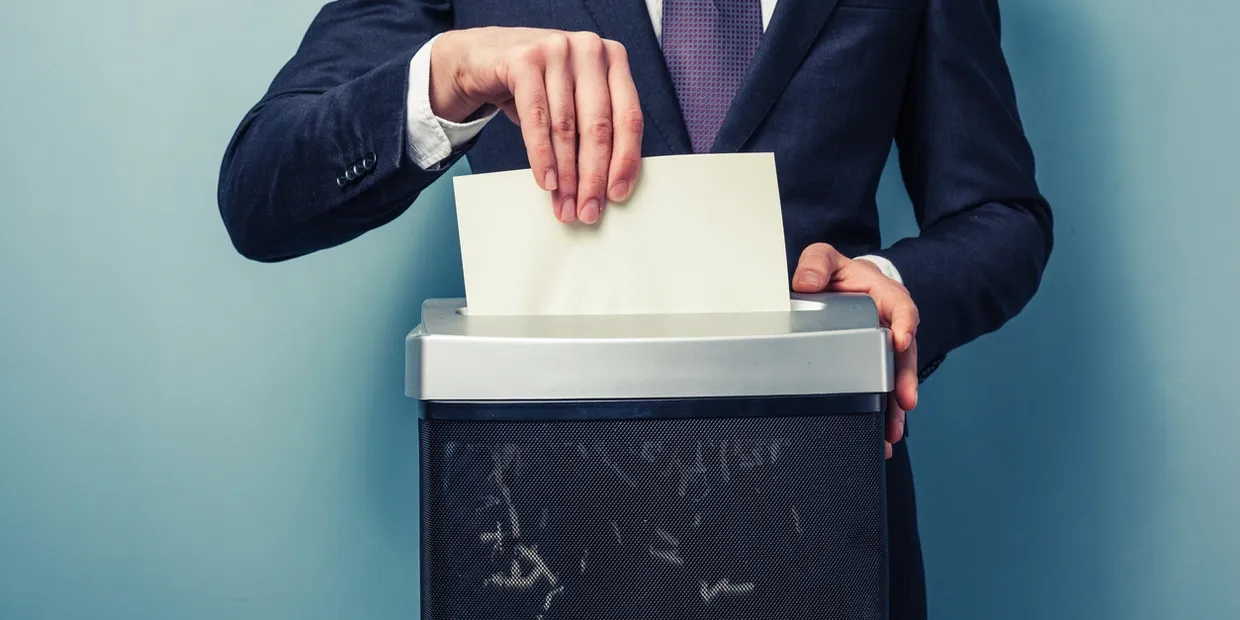
Expungement is coming to Arizona! What you need to know.
As you probably know, Proposition 207 legalized the recreational use of marijuana and also provided a narrow path for the expungement and sealing of prior criminal records. While this has been great and we have seen many clients have their records expunged, the county attorney’s office has been trying to limit the application of the law and some judges have even decided to outright disregard the new law. You may have heard of one recent case that made headlines when a petition for expungement of a marijuana charge was granted, yet the Maricopa County Attorney’s Office fought the expungement tooth and nail despite going on record expressing in a roundabout way that the accused probably deserved to have the expungement granted anyway.
This content aims to inform readers on what to look forward to when the new law takes effect and provide resources for readers to be able research, learn and prepare to have their records expunged if applicable.
Many people don’t know that on July 9, 2021 the Arizona Governor signed House Bill 1294 into law which dramatically increases the availability of expungement and/or record sealing in Arizona. One of the reasons that many folks aren’t talking about this yet is because, while the new law has been passed by the legislature and signed by the governor, the law has a delayed effective date and will not go into effect until after December 31, 2022.
Does this apply to convictions or arrests that occurred before the new law takes effect?
The answer is YES! Generally speaking, new laws that are passed are not retroactive. The exception to this general rule is when a law expressly includes what’s known as a retroactivity clause in it. For example, in the new expungement law, the law states: “Section 13-911, Arizona Revised Statutes, as added by this act, 5 applies to a person who is arrested, convicted or sentenced before, on or 6 after the effective date of this act.” So, the new expungement law will be available to all who are eligible, regardless of the date of sentencing or arrest.
Who will be eligible to have their prior records expunged and/or sealed?
The answer to this question is tricky, and like expungement under Prop. 207, will likely be the subject of litigation down the road. However, there are a few things that we know for sure. For instance, to be eligible a person must have completed all of the terms and conditions imposed by the court for that conviction. This includes any term of probation, court ordered classes, the payment of any outstanding fines or fees and more. Also, you must examine whether the crime that was charged and/or the criminal convictions are eligible under the new law.
Some of the convictions that are not eligible for expungement and record sealing are crimes designated dangerous or designated a dangerous crime against children, convictions of certain offenses that are defined as serious or violent by Arizona law, many crimes that deal with the infliction of injury or the use of a weapon, convictions of sex trafficking and many other exceptions that are both broad and redundant. There are also limitations on other convictions that are otherwise eligible, such as convictions for crimes such as theft, fraud or burglary. In these circumstances, there are exceptions for who may access the person’s records and how that person must answer certain questions about the convictions when formally asked by an employer.
There are many exceptions and exemptions in the new law and discerning eligibility in the 7-page bill will be tricky—even for legal professionals. I highly suggest consulting a criminal defense attorney to discuss eligibility regarding this part of the law.
How long is long enough?
There are also time limitations which must be adhered to. This is an interesting addition, because this seems to suggest that the legislature has provided more guidance for Arizonans on how long they think it takes to consider you ‘redeemed.’ Prior to this, it seemed that the Arizona legislature had decided flat out that if you were convicted of any criminal offense—even a misdemeanor—you were never redeemable. So, while there is more work to be done, this is a huge step in the right direction. They amount of time that an otherwise eligible person must wait after the completion of all of the terms and conditions of their sentence has been completed are as follows:
- 10 years for a class 2 or 3 felony
- 5 years for a class 4, 5 or 6 felonies
- 3 years for a class 1 misdemeanor
- 2 years for a class 2 or 3 misdemeanor
Expungement under the new law is a “may” provision, not a “shall” provision.
Unlike under Prop. 207, the decision on whether or not to grant a petition for expungement is completely up to the judge so long as the requirements are met. Under Prop. 207, if the requirements are met—the court must grant the petition for expungement. Here, the court will undoubtedly weigh factors similar to those that are outlined in Arizona’s set aside law under ARS 13-905. While the exact benefits are unclear at this time, it might be worth having a criminal conviction set aside before having it expunged. This might make the court feel more comfortable taking the step of granting an expungement knowing that the court has already recognized that a given person met the factors considered when looking to whether or not to grant a set aside.
To sum it up, the law is confusing and nobody knows how it will ultimately play out. There is just no way to tell until we get started filing petitions and working through the system. While the new law is (in my opinion) needlessly complex and completely overworked at the legislature, it’s a huge step in the right direction for Arizona. If you have more questions about the new expungement law, civil rights restoration, having a conviction set aside or any other criminal defense questions, you can always reach me call or text at (480) 363-0090 or send me a message here.







